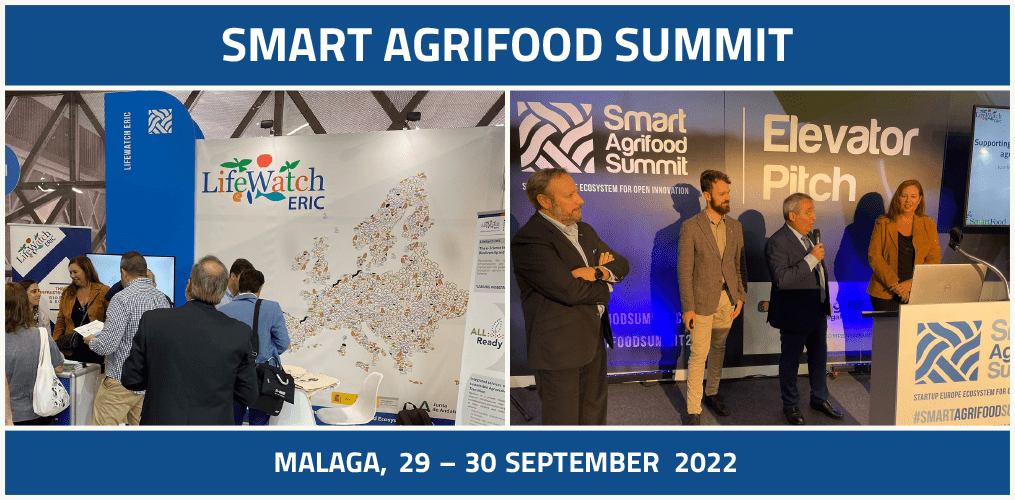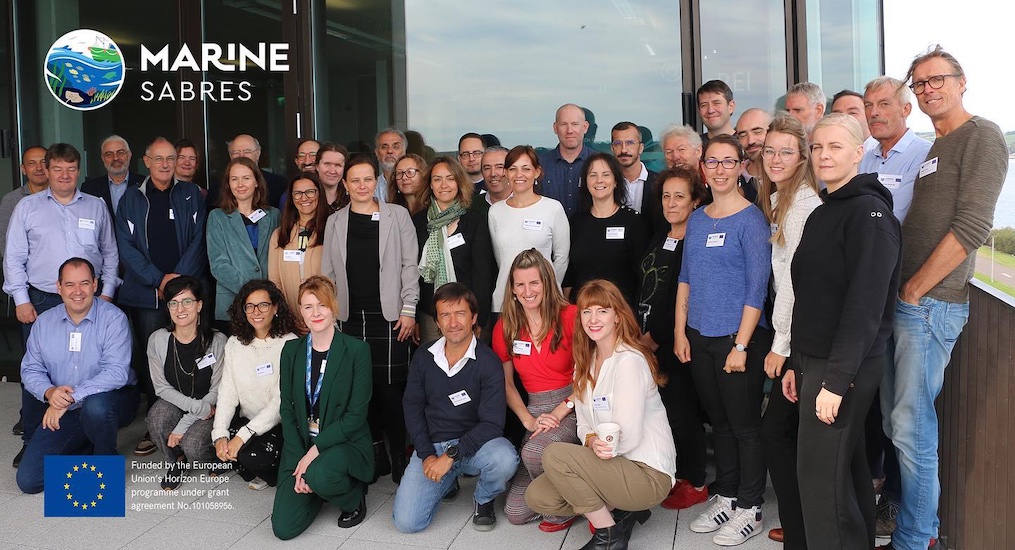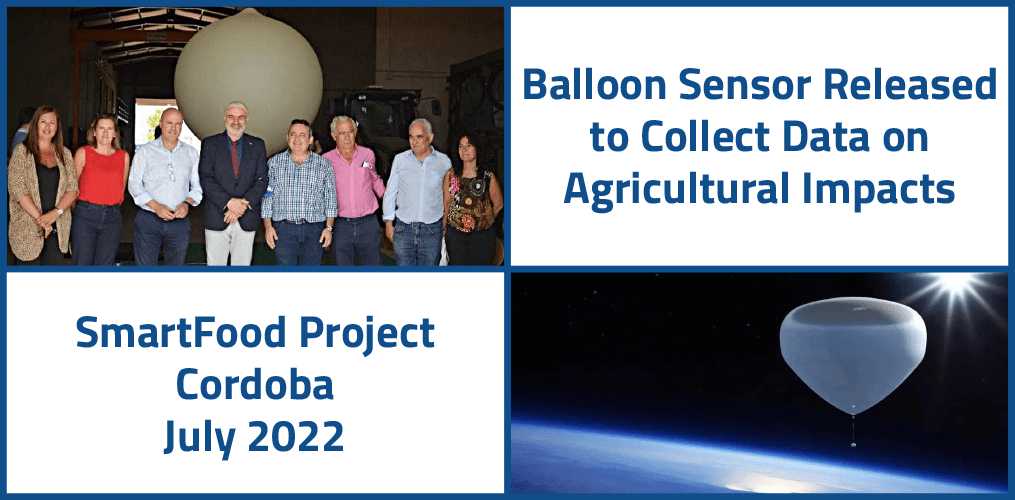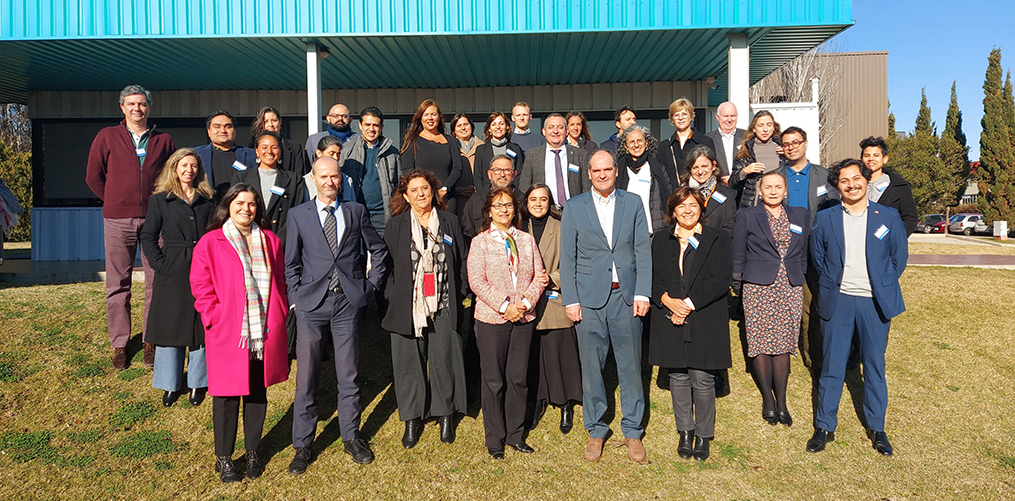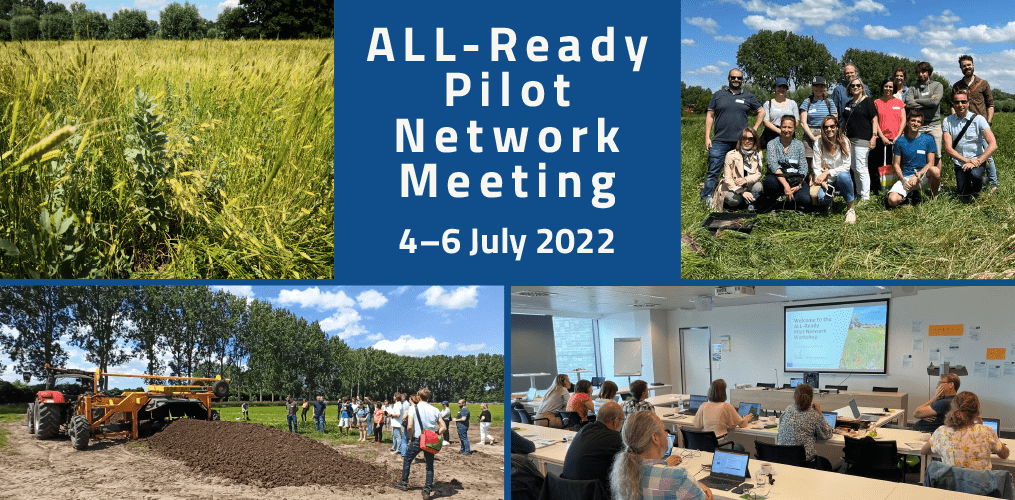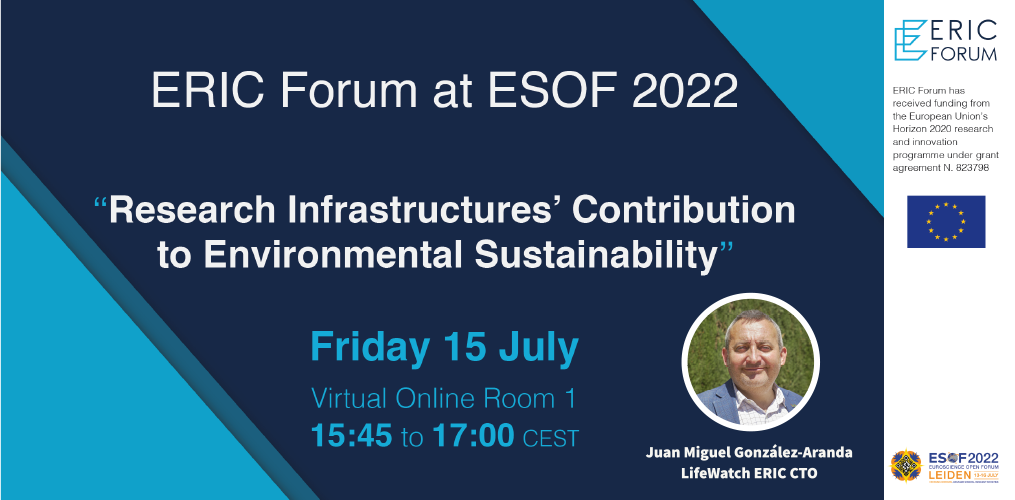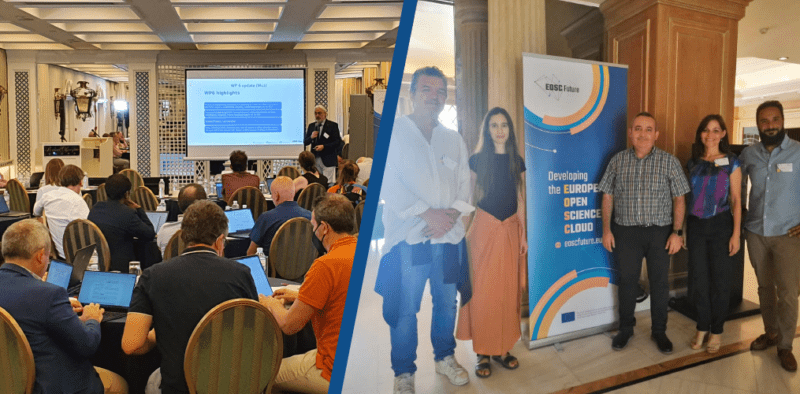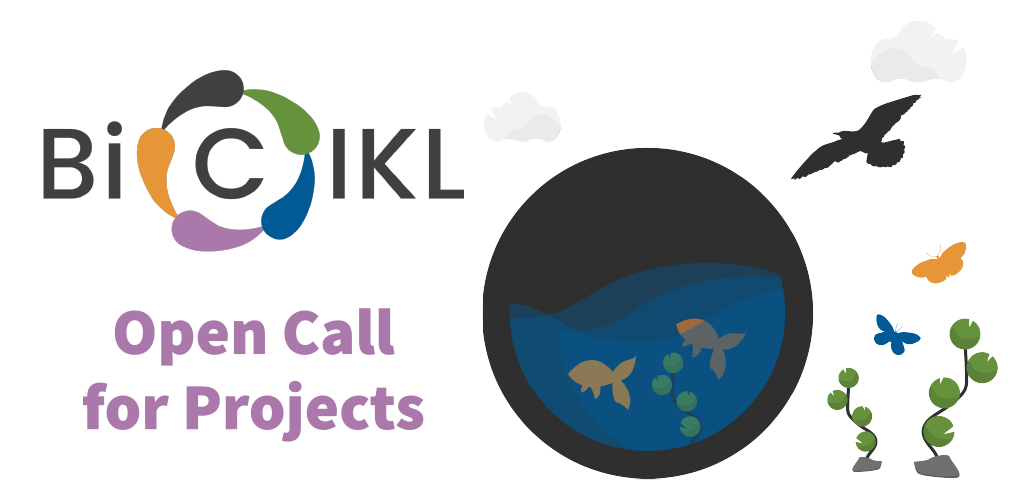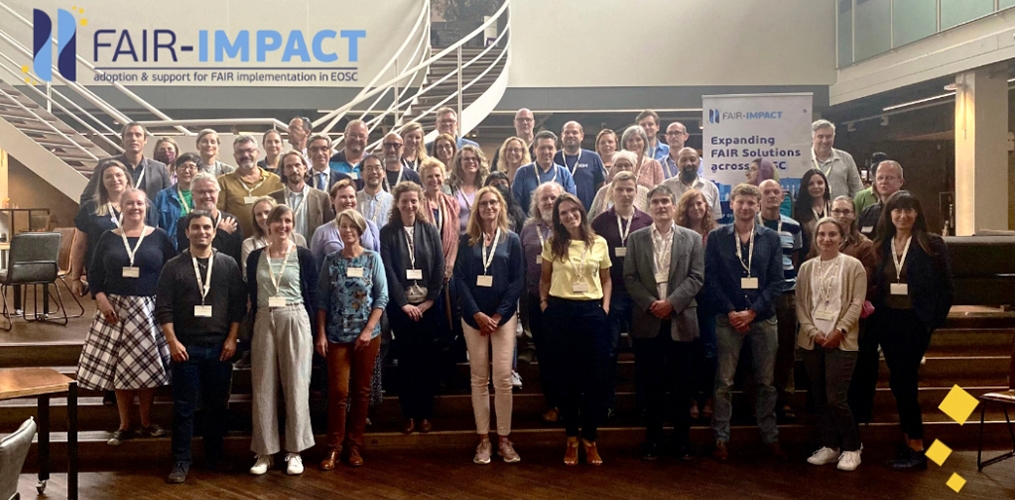As with every year, LifeWatch ERIC is taking part in the annual Smart Agrifood Summit, Europe’s largest agrifood innovation and digitisation event, which is taking place this year from 29 – 30 September in Malaga, Spain. Attended by 3000 participants, 300 speakers, 200 start-ups and with over 50 countries represented, LifeWatch ERIC is in the perfect place to find and consolidate synergies; dozens of corporations, companies and entities highly involved in agrifood innovation and sustainability, such as Cajamar ADNAgroFood, held productive meetings with the infrastructure at its stand.
Notably at the event, Juan Miguel González-Aranda, LifeWatch ERIC Chief Technology Officer, presented “SmartfoodLifeWatch”, alongside José Manuel Ávila-Castuera, Rocío Moreno Domínguez and Daniel Caro Gómez. It is an initiative which measures the impact of agricultural, forestry and fishing activities on Andalusia’s biodiversity, powered in collaboration with the Andalusian Agrarian and Fisheries Management Agency (AGAPA) and researchers from the University of Cordoba.
The Indalo project was also presented at the Summit, which is coordinated with the Andalusian Institute for Research and Training in Agriculture, Food Fisheries and Ecological Production (IFAPA). This initiative studies Andalusian agricultural and fishing ecosystems through the creation of a network of observatories to monitor the impact of climate change and biodiversity. There are eight key focus ecosystems: olive groves, dried fruits, extensive herbaceous crops, intensive horticulture, red fruits, agriculture in the Lower Guadalquivir, dehesa and fishing reserves in the Guadalquivir. The network of observatories will be equipped with state-of-the-art measurement equipment, allowing real-time access to the information obtained by the sensors.
